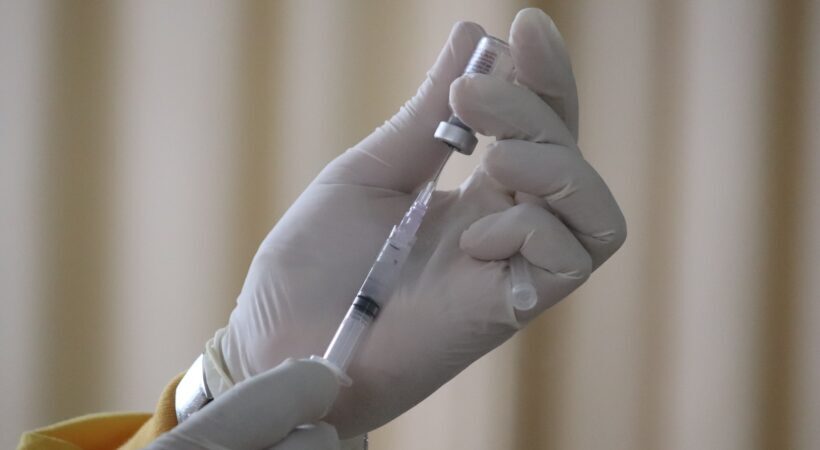Moderna to Develop Personalized Cancer and Heart Vaccines by 2030 Using mRNA Technology

Moderna, the company behind one of the leading COVID-19 vaccines, has announced its plans to develop personalized vaccines for cancer and heart disease using messenger RNA (mRNA) technology by 2030. Dr. Paul Burton, Moderna’s Chief Medical Officer, revealed that the vaccines will be tailored to each patient’s unique disease situation, based on an algorithm created from a biopsy of their cancer cells. Unlike traditional vaccines that target foreign entities, personalized vaccines work by stimulating the immune system to identify and attack specific diseases based on the individual’s genetic makeup and health history.
The development of personalized vaccines has been gaining momentum in recent years, with mRNA technology being one of the most significant advancements in the field. The mRNA vaccines have been highly effective in preventing COVID-19, and Moderna plans to use this technology to target other diseases, including cancer and heart disease.
Creating a personalized vaccine involves analyzing a patient’s tumor or virus to identify specific genetic mutations and then using that information to create a vaccine that targets those mutations. This approach has shown promise in the treatment of cancer, as cancer cells often have unique genetic mutations that distinguish them from healthy cells.
Moderna’s personalized cancer and heart vaccines will be developed using an algorithm created from a biopsy of a patient’s cancer cells, which will help identify the mutations driving the cancer’s growth. The vaccine will contain messenger RNA (mRNA) with instructions for making antigens that trigger an immune response. Once injected, the mRNA is translated into protein pieces that immune cells encounter and destroy cancer cells carrying the same proteins.
Apart from Moderna, Pfizer and BioNTech are also working on cancer vaccines, with BioNTech starting a cancer vaccine trial in partnership with the UK government by September 2023. The future of personalized medicine looks promising, with researchers optimistic about the potential impact of these developments on disease treatment. Personalized vaccines have the potential to revolutionize disease treatment by providing a more targeted and effective approach, paving the way for more effective and targeted disease treatments.















